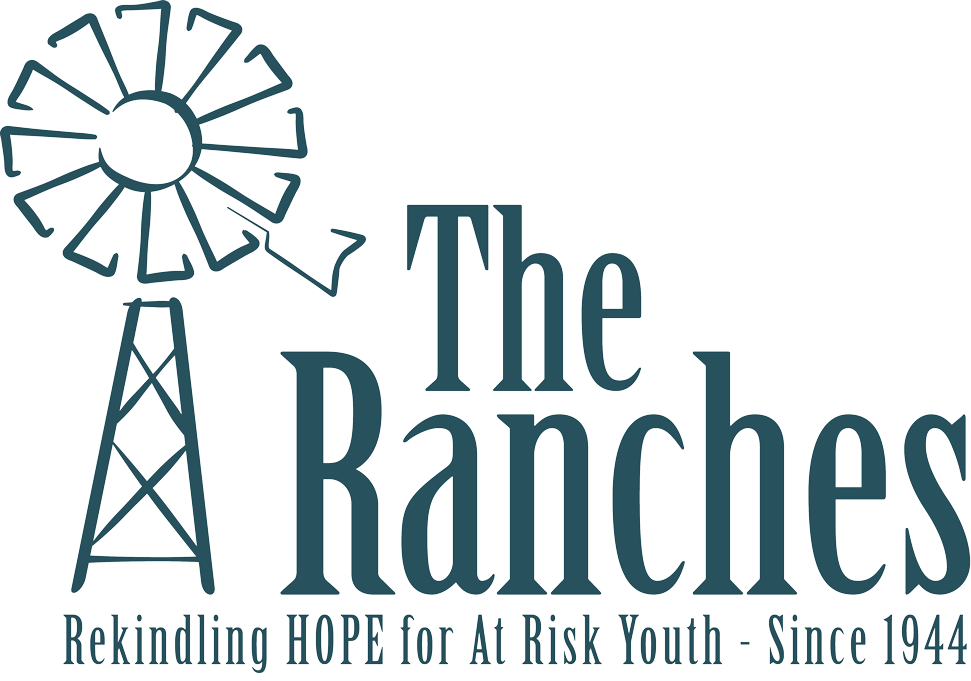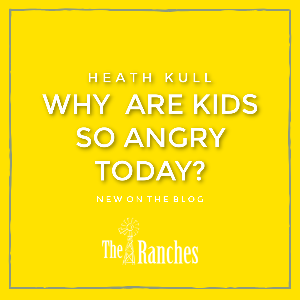Many parents ask “Why are kids so angry today?” In my experience, the source of young people’s anger comes from a few key sources.
By Heath Kull
I am amazed at how often I am asked some version of this question. As I talk to people and work with kids, there is a perception by many adults that kids are angry. At the same time, there is a perception by many kids that adults would rather not be bothered or burdened by having to deal with angry young people. While neither of these perceptions is completely accurate, both have the hallmarks of a lingering truth that serves in supporting the continuation of the belief by both groups. As someone who is in one group because of age and works with the other group by choice, I can tell you that a conversation about this issue would serve our communities and our country well. As adults, it is easy to forget what it is like to be a kid. Furthermore, being a kid today isn’t quite the same as it was when I was a few years younger. At the same time, kids have no idea what it feels like to be an adult. There is simply no frame of reference for young people to know how it will feel to be many years older. Most kids are just projecting what they see from parents, teachers, pastors and family members onto all people who they consider to be “older.” Unfortunately, us “older” folks are sometimes guilty of projecting what we see on television, rap videos and the evening news onto every young person. So are kids today really angry? Unfortunately, the answer is “yes.” Many kids today are very angry and what makes this very sad is that many cannot identify why; even when you ask them point blank. In my experience, the source of young people’s anger comes from a few key sources.
“I’m not good enough!”
Many kids today are led to believe that they are not good enough for the people in their lives. While it isn’t often said so bluntly, the messages are there. From school performance that is addressed in notes left on assignments that say, “try harder” or “I expected a little more from you” to social media comments or lack of “likes” for things that a child posts. While these seem harmless enough, they can serve to send a message to a child that the world around them doesn’t think that they are “good enough.” This can, and in a lot of cases does, lead to significant anger.
“No one listens to me!”
A number of kids feel, sometimes very accurately, that no one is listening to them. While I have tried at times to convince kids otherwise, many kids are indeed suffering from a lack of people who are listening and who are willing to talk to them about anything that may be causing worry or stress.
As adults, we have a number of readily available excuses for not listening, but the truth is that kids are hurt by our lack of listening; even if it’s because we’re really busy at work or have a lot of people depending on us or because we think that our child is just speaking unnecessarily. Whatever the reason, children tend to be paying attention to us not paying attention to them. Once they lose hope that we are listening, anger is usually soon to follow.
“No one really cares about me!”
I am amazed at how often I hear this. While it usually isn’t completely accurate, it sure is true to the child that is expressing their feelings about being cared for. What I have found is that most kids who think that no one cares about them are actually struggling with not being valued. In reality, they are expressing their sentiment that, “No one values me and no one would notice if I wasn’t around.” This is a heartbreaking and scary feeling, but one that most kids feel at some point in their adolescence. Anger comes when the feeling lingers past being temporary and becomes a belief. For kids who believe that no one values them, hope is hard to come by. These kids are also resistant to being valued as they mature. Once you believe that no one cares, changing that belief can be very difficult. We work very hard on this at The Ranches, but it is a constant challenge and produces a significant amount of anger for the young people that we serve.
“No one ever protected me!”
Sadly, a number of kids today feel that the adults in their life have failed to stand up for them. What starts as hope that adults will protect a child from those that want to hurt them, quickly turns to resentment when no one actually stands up and protects them. After being hurt more than a few times, anger begins to set in. Not only does this anger serve to mask the feelings of hurt and disappointment in the adults in their lives, it also serves as motivation and courage to stand up to adults that they have identified as having the potential to hurt them. When you see a young person taking on every authority figure in sight, you can usually be assured that they view authority figures as weak and incapable or unwilling to stand up and protect them. These kids are angry and hurting and looking for a safe adult. Sadly, many never find one.
“Don’t be angry!”
Most kids today are raised in environments where anger is, at best, severely discouraged. When young people get angry today, they are usually shunned, punished and told not to feel that emotion…ever. Instead of dealing with anger as a natural opposite of love. I disagree and, in reality, apathy and fear are far more accurately perceived as the opposites of love. Sadly, anger still gets the bad wrap as being the emotion that we should never feel. If you’re angry, in many cases, adults will attempt to tell you that you are wrong for feeling that way. Not only does this serve to amplify the anger, it also serves to chip away at a young person’s sense of self as they can no longer trust their feelings. This lack of trust in themselves and their feelings is caused by adults, typically the adults that a child trust and loves most and in some cases God. When a child has the courage to let an adult know how they feel, sometimes well meaning adults give the impression to the child that their feeling are in some way wrong.
“When I am angry, everyone who loves me, including God, turns their back on me” becomes the internal belief of young people; many who have valid reasons for being angry. To make matters worse, in many places, adults are allowed to get angry and express that anger. In many homes, the child who isn’t allowed to get angry bears the brunt of the behaviors of the adult who is.
So how can we make a difference? Make the conscious choice to believe that anger isn’t wrong and that it is a God given emotion that we all, at times, feel.
In many cases, anger is a normal and healthy response to being hurt. If I can forgive myself for getting angry at the person who waited until the last minute to cut me off in traffic, I can forgive a child who is angry that adults in their life have hurt them. While it is important to teach young people that their actions, when angry, can be very wrong if not hurtful to others. Being allowed to be mad and not be punished for your feelings is the first step. Make the choice to remind kids you care about that they are important to you and that, when they put forth their best effort, it is good enough for you. In addition, remind them often that they are good enough for you just the way that they are. Separating who we are from what we do is important to growth and maturity…for all of us.

